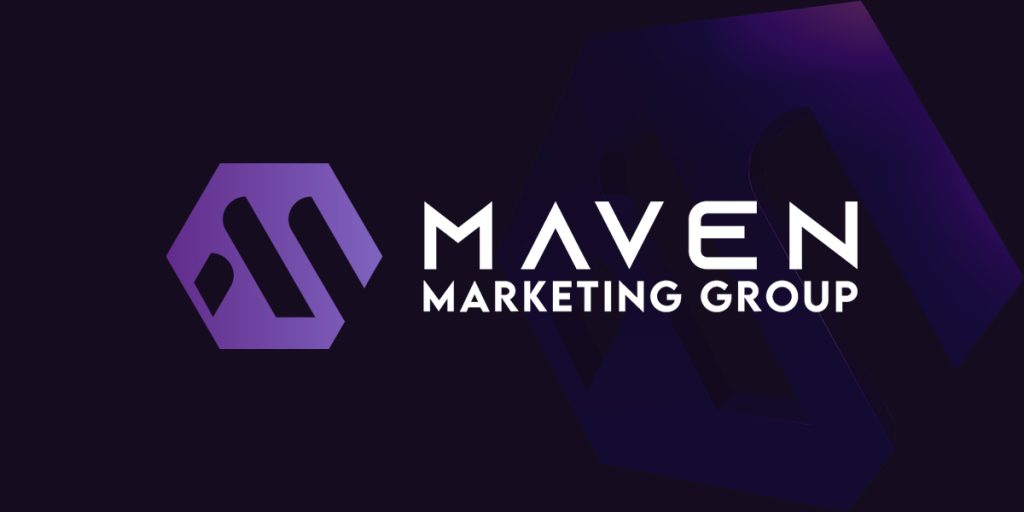Development skills refer to a broad set of capabilities that enable individuals to conceptualize, design, implement, and optimize projects or solutions in various fields.
These skills can pertain to personal growth, professional advancement, technological innovation, or societal progress.
To truly understand the essence of development skills, it’s essential to categorize and explore them based on specific contexts.
Personal Development Skills
- What It Involves: Abilities that contribute to personal growth, self-awareness, and self-improvement.
- Key Skills: Time management, emotional intelligence, critical thinking, and adaptability.
Professional Development Skills
- What It Involves: Competencies that enhance career prospects, job performance, and professional knowledge.
- Key Skills: Leadership, teamwork, communication, problem-solving, and industry-specific expertise.
Technical & Software Development Skills
- What It Involves: Capabilities related to creating, deploying, and maintaining technological solutions.
- Key Skills: Coding (in languages like Python, JavaScript, or Java), systems analysis, database management, and familiarity with development tools.
Community & Societal Development Skills
- What It Involves: Abilities to foster growth, improvement, and sustainability within communities or larger societal structures.
- Key Skills: Project management, strategic planning, community engagement, and stakeholder communication.
Technical Abilities for Web Development
To excel as a web developer, one must possess various technical abilities.
A developer must have the skills and knowledge to create and maintain websites.
Additionally, staying up to date with the latest trends and advancements in web development is crucial.
Being a developer requires a high level of proficiency in programming languages and frameworks.
It is estimated that around 70 percent of web developers have a bachelor’s degree in computer science or a related field.
These skills enable developers to build websites from scratch or enhance existing ones.
Some key technical skills include:
- Proficiency in coding languages like HTML, CSS, JavaScript, and PHP is fundamental for web development.As web developers, it is crucial to have a strong understanding of the coding languages that we use in our work.Each of the programming languages, including HTML, CSS, JavaScript, and PHP, serves a specific purpose in the development process.HTML is used for structuring content, CSS is used for styling elements, JavaScript is used for adding interactivity, and PHP is used for handling server-side operations.
- Frameworks and Libraries: Familiarity with popular frameworks and libraries like React, Angular, Vue.js, Bootstrap, and jQuery can significantly streamline the development process by providing pre-built components and functionalities.
- Database Management: Understanding how to design and manage databases is essential for storing website data efficiently.Knowledge of database management systems like MySQL or MongoDB allows developers to create robust back-end structures.
- Version Control Systems: Proficiency in version control systems like Git enables developers to track changes made during the development process effectively.Testing and debugging facilitate collaboration among team members while ensuring code integrity.
- Responsive Design: With an increasing number of users accessing websites on mobile devices, responsive design has become crucial.Developers should be skilled at creating websites that adapt seamlessly across different screen sizes.
Non-Technical Skills Complementing Development Expertise
In addition to technical abilities, certain non-technical skills play a vital role in enhancing a developer’s effectiveness:
- Problem-Solving: Web development often involves encountering complex problems that require innovative solutions.A web developer with strong problem-solving skills can quickly identify issues and devise effective strategies to overcome them.
- Creativity: Design skills are essential for creating visually appealing websites that engage users.A developer’s ability to think creatively and design intuitive user interfaces enhances the overall user experience.
- Communication: Effective communication is crucial for collaborating with clients, designers, and other members of a development team.Clear communication ensures that everyone involved understands project requirements and objectives.
- Time Management: Web development projects often have strict deadlines.Being able to manage time efficiently allows developers to deliver projects on time while maintaining quality standards.
Continuous Learning and Adaptability
Web development is an ever-evolving field, with new technologies and trends emerging regularly.
Developers must embrace continuous learning to stay up-to-date with the latest advancements in their field.
This includes keeping track of new coding languages, frameworks, design principles, and best practices for web developers.
Adaptability is equally important in web development. Developers need to be flexible enough to adapt their skills and approaches based on project requirements or changes in industry standards.
This ability ensures that web developers can effectively tackle any challenges that arise during the testing and debugging process.
The Impact of Development Skills
Development skills play a vital role in creating websites that are functional, visually appealing, and user-friendly:
- Functionality: Development skills enable developers to build websites with seamless navigation, interactive features, secure payment gateways, efficient search functionalities, and more.
- Visual Appeal: Design skills complement development expertise by ensuring websites have aesthetically pleasing layouts, well-chosen color schemes, engaging visuals, and attractive typography.
- User Experience: By combining technical abilities with an understanding of user behavior and preferences, developers can create websites that provide a positive user experience through intuitive interfaces, fast loading times, mobile responsiveness, and accessibility features.
Development skills encompass growth, innovation, and progress across personal, professional, and societal dimensions.
Cultivating these skills as web developers can unlock significant opportunities and pave the way for advancement in various walks of life.




